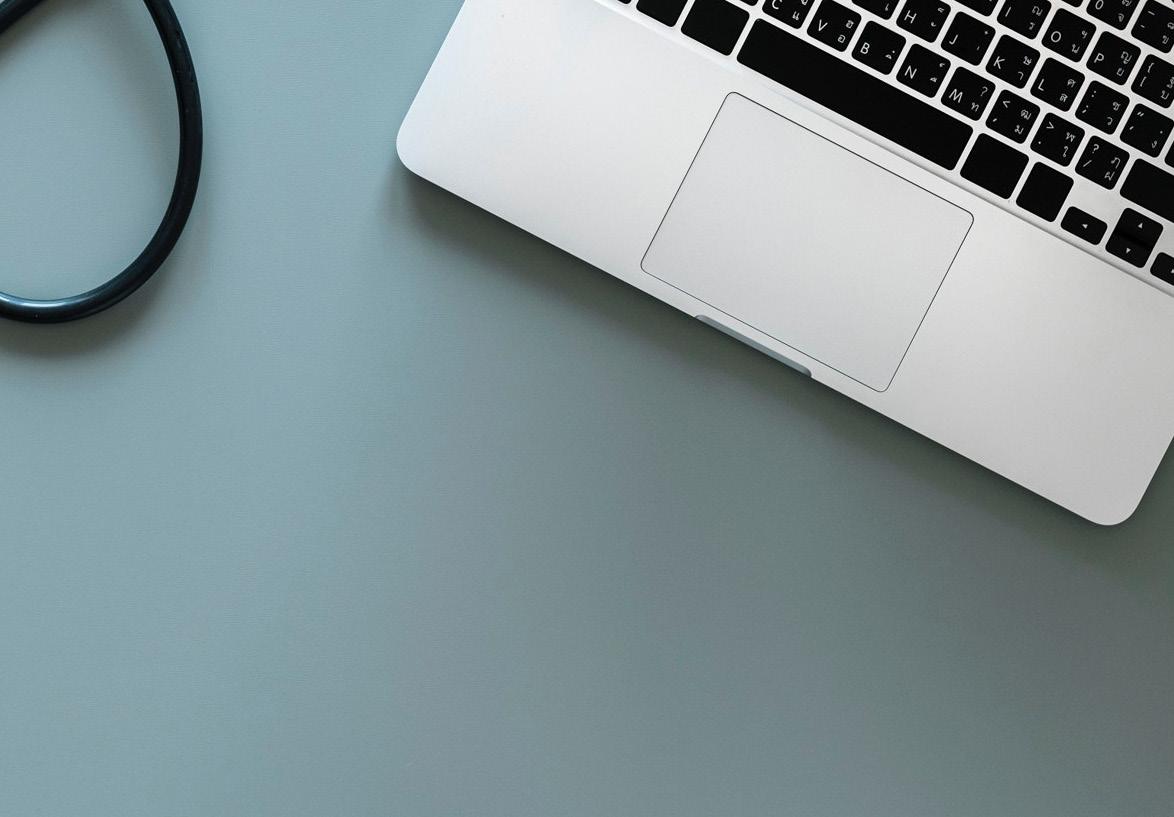
3 minute read
Protecting health and medical research from COVID-19
PROFESSOR ANNA PEETERS Director Institute for Health Transformation, Faculty of Health, Deakin University
PROFESSOR PATRICIA LIVINGSTON Associate Dean Research, Faculty of Health, Deakin University
Advertisement
The coronavirus and its many impacts have been felt at every level of our community.
COVID-19 has highlighted the need for a rapid response, particularly from the health sector. We have also seen the way industry and the general community have pitched in to deliver swift and innovative solutions when threatened with shortages of hand sanitiser, PPE equipment and more recently facemasks, particularly in Victoria.
Australia’s researchers have contributed significantly to advancing global efforts in the development of a vaccine, as well as sought to understand the impact of Covid-19 on individuals and communities.
Yet the pandemic has also made research challenging. Our survey with Research Australia of 1,212 health and medical researchers across Australia, published recently in The Lancet, found 80% have been negatively affected by the pandemic, with delays in trials and fieldwork and the delivery of equipment and supplies.
The pandemic has also created an uncertain future for university and medical research institute researchers in both the short and longer term due to the loss of revenue and participation by international students, philanthropists and fundraising opportunities. Overall, 70% of researchers indicated that their research would be affected beyond 2020, with 90% reporting there would be difficulties in reaching milestones, publication outputs (81%), and sourcing new funding (63%). Nearly 50% highlighted they would also be affected by staff losses.
Despite these challenges, around one-third of researchers suggested there were opportunities to increase collaborations, and have seen benefits in the extent to which they have been able to adapt and pivot new research opportunities.
It is ironic that, at the same time as the pandemic has increased Australian’s dependence on, and admiration for, the health and medical research sector, it has also exposed and exacerbated the cracks which if left unchecked will leave Australia vulnerable to future pandemics, and other health disasters.
Research is an insecure and unpredictable career path at the best of times, and our national survey has shown the high risk of additional staff losses during this pandemic.
It is time to develop a COVID-19 national health and medical research strategy to ensure funding is well-targeted and programs are cohesive, complementary, and forward-focused. A national strategy will give researchers, industry and the community certainty and direction, and will reaffirm Australia’s reputation as a world leader in health and medical research.
There are short- and long-term opportunities to understand the psychological, social, and physical effects of the COVID-19 pandemic. These learnings will translate and influence future periods of increased infection and lockdown, which will be particularly important for front-line workers and vulnerable groups.
Some of Australia’s researchers and their partners have already pivoted to provide these learnings, and selected funding opportunities have been made available. A framework for the prioritisation and coordination of essential, policy-relevant health and medical research will ensure that any investment is efficiently targeted to the crucial questions as the pandemic unfolds.
The AMA [and AHHA—Ed.] recently called for the establishment of an Australian Centre for Disease Control and Prevention (CDC). The US and EU CDCs are models not only for the preparedness a CDC would provide for future pandemics and major public health threats, but also for the potential to strategically integrate research into the response to Australia’s public health emergencies.
The health and medical sector works every day with bright, committed, young researchers. Despite the uncertainties for their own futures, they have continued to identify and evaluate innovative responses to COVID-19 with our health and community partners. Their enthusiasm and dedication have been evident in their research outcomes, ranging from designing remote mental health clinics, developing strategies for disability support services in response to response to COVID-19, evaluating support networks for health workers, and addressing the impacts of COVID-19 on food insecurity.
We urge that sustained and strategic funding for our future health and medical researchers be a part of Australia’s COVID-19 recovery plans.










